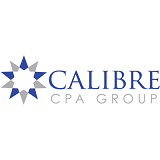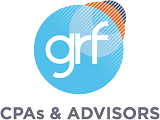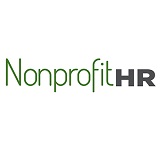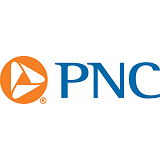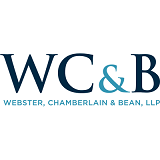
The FAR 5 Tips Corner – Nonprofit and Association Tenant Update
By Ganon Rich, Executive Vice President, Tenant Advisory, Transwestern
1. Growing Confidence in Office Returns for Nonprofits and Associations
Nonprofits and associations are increasingly confident in their return-to-office plans. Many are establishing dedicated in-person schedules, typically 2-3 days per week. Within these organizations, executives are advocating for "critical mass" days where everyone is present, fostering collaboration and team spirit.

2. As a Result of RTO, Footprints Shrink While Collaborative Spaces Expand
Organizations in DC are heavily investing in creating office environments that are "better than home." Despite a trend of reducing office footprints by about 20%, many are optimizing space for productivity and collaboration. Tenants are seeking high-quality buildings with top-notch amenities like fitness centers, conference rooms, rooftop decks, and lounges to support and encourage RTO.

3. Office Market Segments: Some Tighten While Others Face Uncertainty
While headlines highlight rising vacancies, the reality is more nuanced. The market for desirable office space is tightening due to:
- Limited New Construction: Fewer new buildings mean less top-tier office space.
- Tenant Preferences: There's a strong demand for efficient, amenity-rich, and high-quality buildings.
- Transformation of Older Buildings: Many obsolete buildings are being converted or struggling to attract tenants, especially with financial challenges looming.
4. We anticipate that tenants in DC and in suburban markets like the Rosslyn-Ballston corridor will soon be competing for desirable space.

5. The medium-to-long term outlook isn’t getting better for landlords, which is good news for “mid-lease” tenants.
Locally, there are 140 million square feet of tenants in Class B buildings with leases expiring between 2025-2030. A significant portion of this square footage will not be maintained, and many landlords will not be able to refinance due to decreased valuations and increased vacancies. What happens when these buildings go back to their lenders? They can’t all be converted to different uses. A knock-on effect we are seeing is that landlords have a greater appetite than ever to entertain early renegotiations with existing tenants to minimize risk.
Download the full slide deck here.




